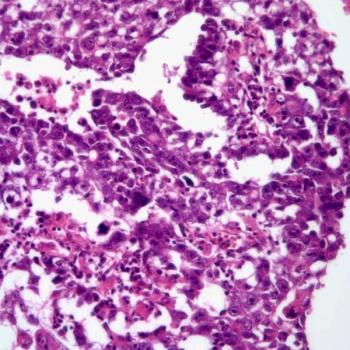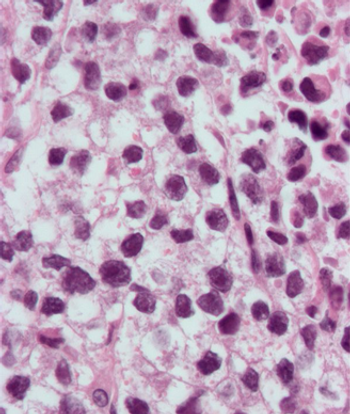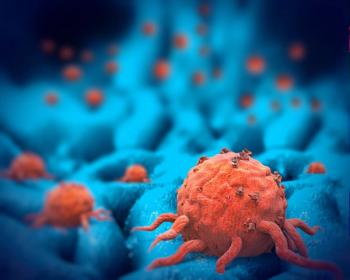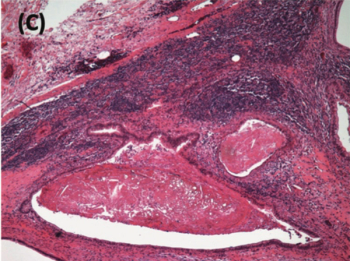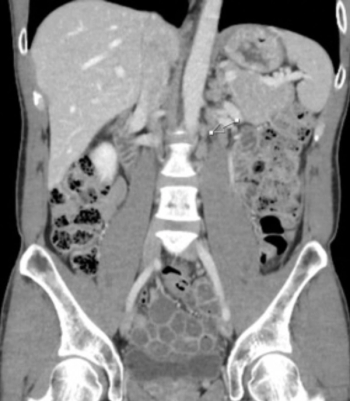
Oncology NEWS International
- Oncology NEWS International Vol 11 No 6
- Volume 11
- Issue 6
Energy Conservation and Activity Management Training Helps Patients Cope With Treatment-Related Fatigue
PHILADELPHIA-Energy conservation and activity management training (ECAM) reduces fatigue levels and helps patients maintain normal activities despite treatment-related fatigue, Andrea M. Barsevick, RN, DNSc, reported. Dr. Barsevick is director of nursing research and education at Fox Chase Cancer Center in Philadelphia.
PHILADELPHIAEnergy conservation and activity management training (ECAM) reduces fatigue levels and helps patients maintain normal activities despite treatment-related fatigue, Andrea M. Barsevick, RN, DNSc, reported. Dr. Barsevick is director of nursing research and education at Fox Chase Cancer Center in Philadelphia.
"Research on interventions for managing fatigue has been limited to correcting chemotherapy-induced anemia or using aerobic exercise. The purpose of this randomized study was to compare the efficacy of ECAM vs an attentional control, which was nutrition education," Dr. Barsevick said. ECAM was defined as "the deliberate and planned management of one’s personal energy resources to prevent their depletion." It includes delegating, setting priorities, pacing oneself, and planning activities at times of peak energy.
"We found that patients in the ECAM group had lower fatigue intensity (P = .04) and less disruption of activities (P = .01) than the control group," Dr. Barsevick told Oncology News International.
Over time these differences narrowed. Most cancer patients eventually discover ways to conserve their energy, she suggested, but this takes longer in the absence of a patient education program.
Trial Design
The trial included 397 patients with breast, lung, colorectal, prostate, gynecologic, testicular cancer, or lymphoma. Patients were receiving at least 5 to 6 weeks of radiation therapy or at least 3 cycles of chemotherapy, or combined chemoradiotherapy.
Patients were randomized to ECAM or to control groups and were assessed at baseline and at two follow-up points of expected high fatigue (week 6 and 10 of radiation or 48 hours after the second and third chemotherapy cycles). Efficacy was measured with validated measures of fatigue, functional status, negative mood, sleep disturbance, and other side effects of treatment.
Articles in this issue
over 23 years ago
Gleevec Effective as First-Line Therapy of CML: IRIS Trialover 23 years ago
Curcumin May Enhance TRAIL-Induced Cancer Cell Deathover 23 years ago
Symptom Clusters or Groupings Are Common in Cancer Outpatientsover 23 years ago
Allogeneic BMT Ups 5-Year EFS in Ph- ALLover 23 years ago
HIV-1 Vaccine Proving Safe, Immunogenic in Humansover 23 years ago
ACS to Fight Tobacco ‘Pandemic’ Worldwideover 23 years ago
Aspirin Helps Prevent Recurrent Large Bowel AdenomasNewsletter
Stay up to date on recent advances in the multidisciplinary approach to cancer.
Related Content

